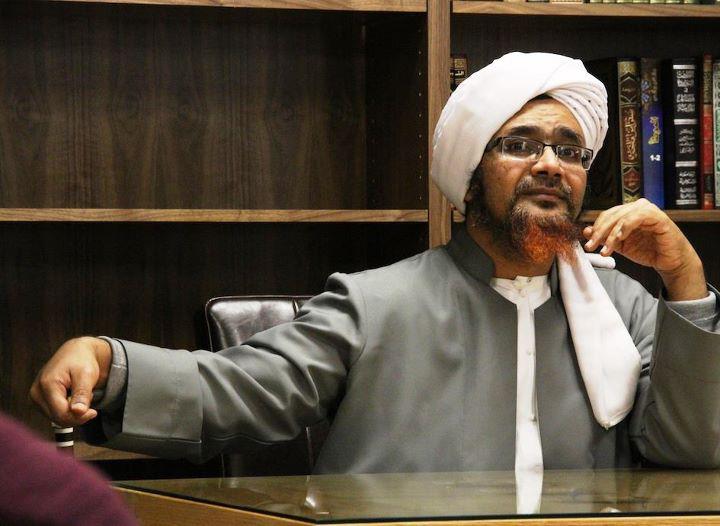In order for people to get the most out of dawah discussions, Sayyidi Habib Umar bin Hafiz (may Allah preserve him and benefit us by him) recommends observing the following etiquettes:
- You should believe that you are not worthy of attending such a gathering and that you are only attending out of Allah’s bounty.
- Your heart should be filled with veneration for the work of dawah. Allah ennobled the Prophets and the Leader of the Prophets ﷺ by making it their mission.
- You should intend to rectify yourself, your family, the people of your town and all Muslims and you should seek to resemble those that truly serve the Sacred Law.
- You should realise that you are in need of all those in attendance, even those who lack knowledge and experience.
- You should never think that had it not been for you, the gathering would not have taken place. This is one of the faults of the lower self which leads to Allah’s displeasure.
- You should realise that Allah decreed that completion and perfection are attained when the views of all those attending are put together.
- You should welcome and respect every person’s opinion. You should never openly say that someone’s opinion is wrong. Always look for an element of truth in it.
- You should not refrain from expressing your opinion out of fear of it being rejected. Rather you should express your opinion and be completely prepared for it to be rejected.
- You should reflect upon what will be discussed in the meeting for a week beforehand. This gives you time to fully explore any ideas that you may have.
- You should focus fully on what is being discussed during the meeting and not think about anything else, even if it is an idea you wish to present.
- Only one person should speak at one time during the meeting. Only one discussion should take place.
- No one should cut anyone else off in mid-speech except out of necessity.
- You should not express your own view until the previous person’s view has been fully discussed.
- Once a decision has been made based upon consultation, this should not be reversed except out of necessity and on condition that everyone is in agreement.
- When people have different views on something, a decision should be made based on the view of the majority. Goodness, blessings and success are in this, even if someone whose understanding is limited thinks it is not the best thing to do.
- Those who attend the meeting should smile at one another, pray for one another in their absence, show respect for one another and check up on one another. This will strengthen the ties between them.

